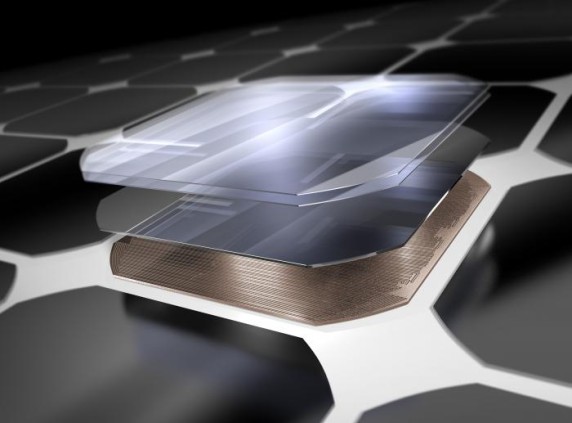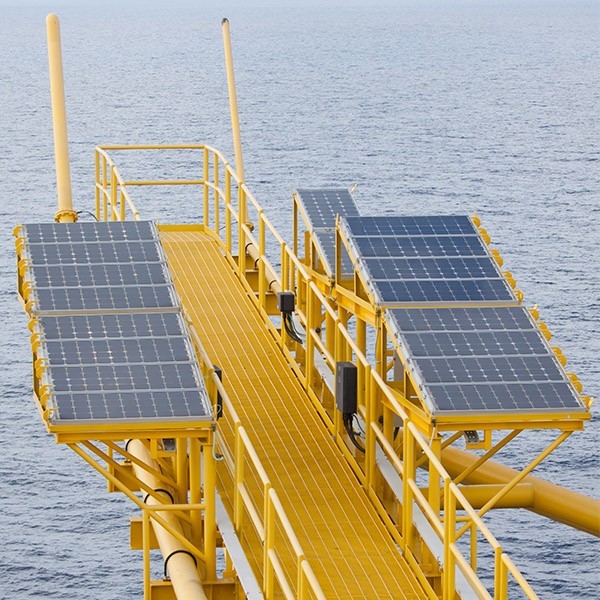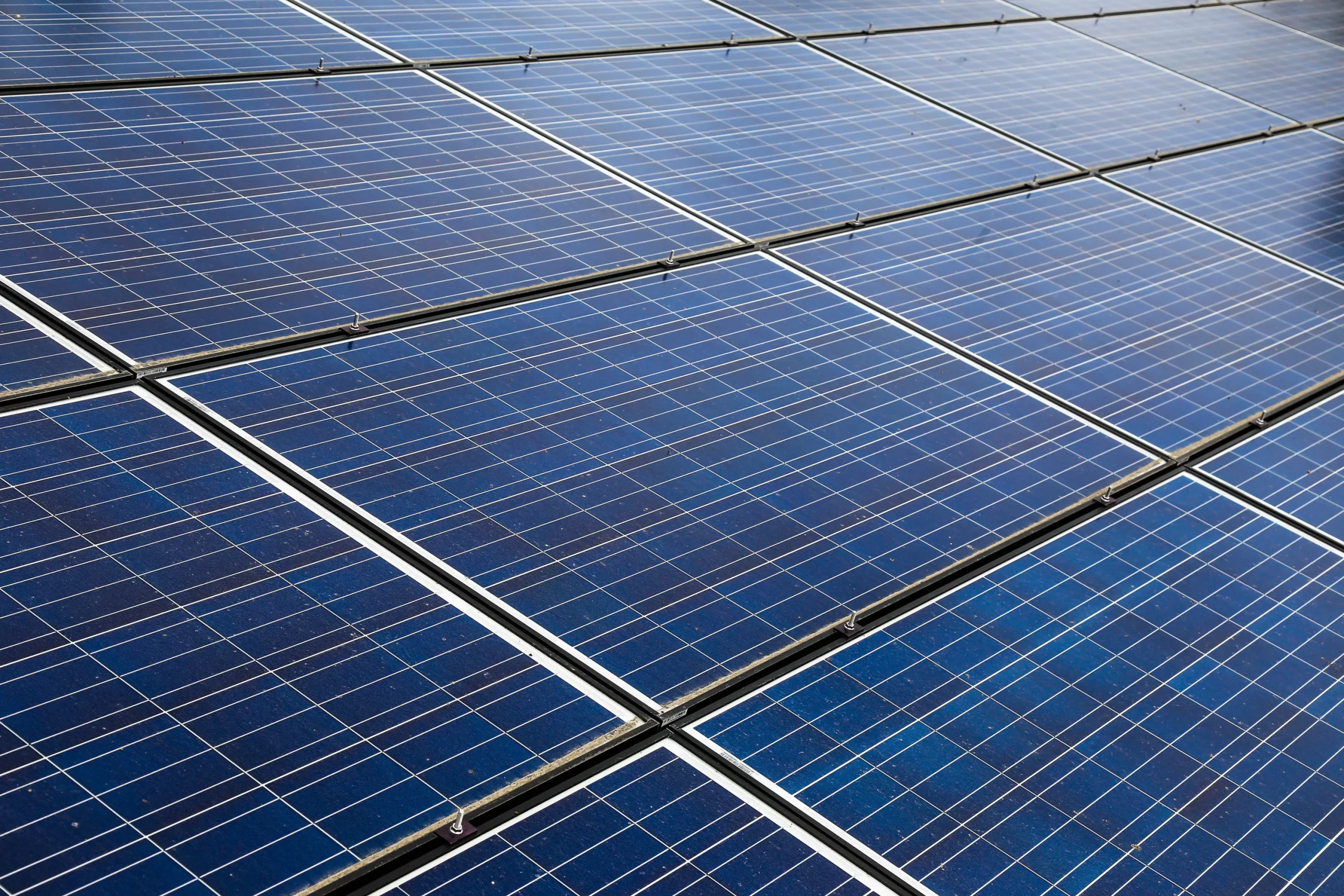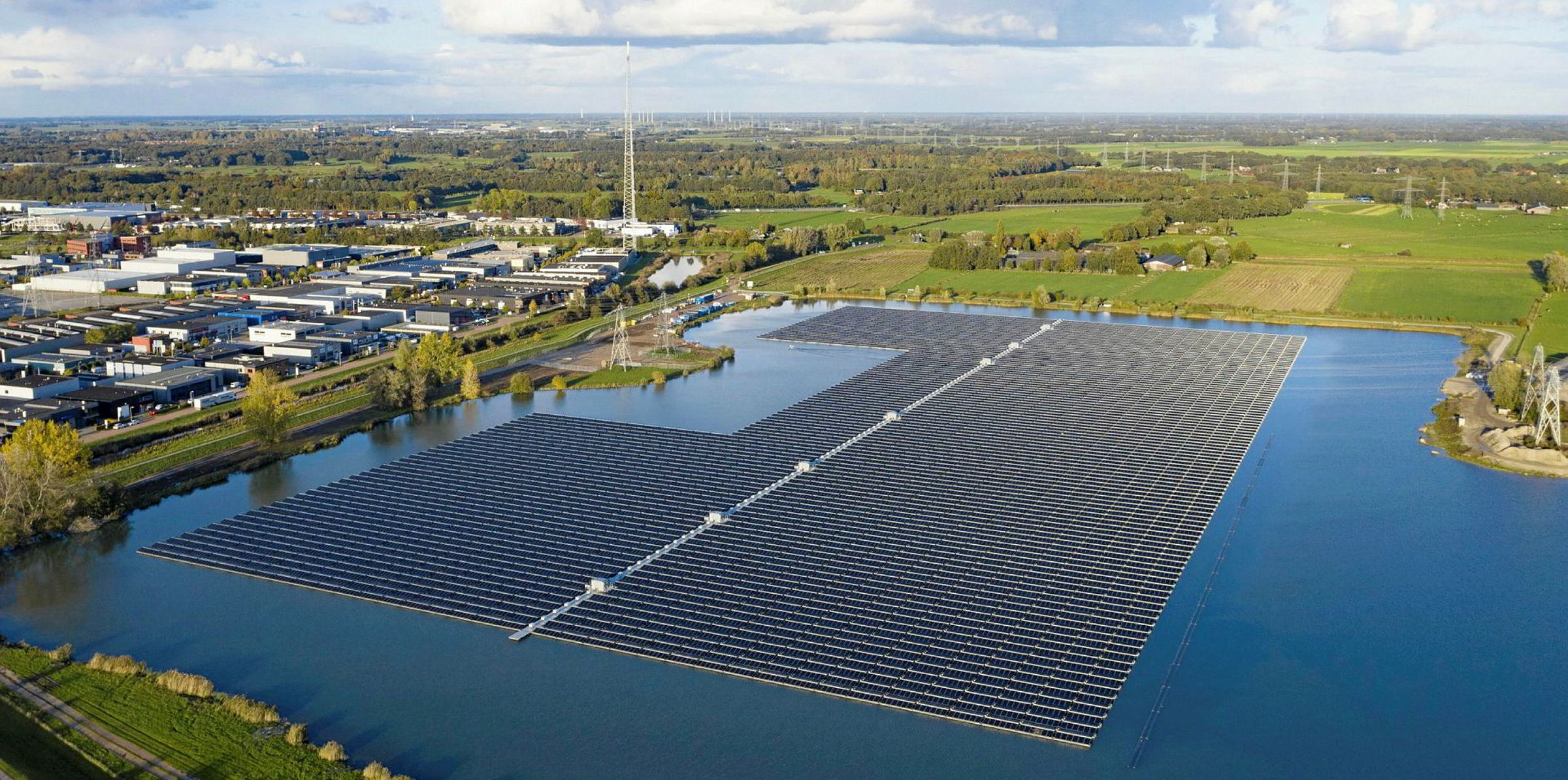There are three main types of solar panels: mono-crystalline, polycrystalline, and thin film. Each type has its own unique characteristics and advantages, making it important to understand the differences before deciding which type of panel is right for you.
Monocrystalline solar panels are made from a single, continuous crystal of silicon. They are known for their high efficiency and sleek, black appearance. Monocrystalline panels are made using a complex manufacturing process that involves slicing thin wafers from a silicon ingot, which is then converted into a solar cell. This process is expensive, but it results in a panel that is very efficient at converting sunlight into electricity. Monocrystalline panels are also very durable and have a lifespan of up to 30 years.
Polycrystalline solar panels, on the other hand, are made from multiple smaller crystals of silicon. They are less efficient than monocrystalline panels, with an efficiency rate of around 15-20%. However, they are also less expensive to manufacture, making them a more affordable option for some consumers. Polycrystalline panels have a distinctive blue appearance and are also very durable, with a lifespan of up to 25 years.
Thin film solar panels are made by depositing a thin layer of photovoltaic material onto a substrate, such as glass or plastic. They are less efficient than monocrystalline and polycrystalline panels, with an efficiency rate of around 10-15%. However, they are very lightweight and flexible, making them a good choice for unconventional installations or for use in portable solar products. Thin film panels are also less expensive to manufacture, making them a cost-effective option for some consumers.
Overall, the choice of solar panel will depend on your specific needs and budget. Monocrystalline panels are the most efficient, but also the most expensive. Polycrystalline panels are a good balance of efficiency and cost, while thin film panels are the least efficient but also the most affordable. Ultimately, the best choice for you will depend on your energy needs, the amount of space you have available for solar panels, and your budget.




